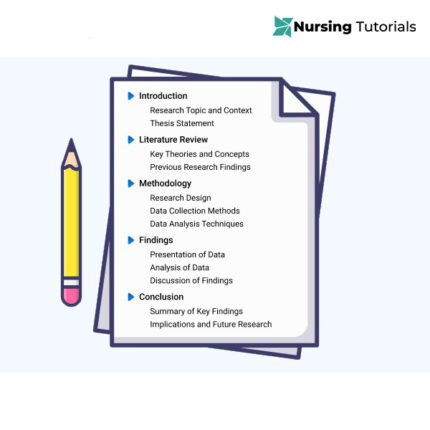(Solution) AFT2 Task 1 – Accreditation Audit
$20.00 Original price was: $20.00.$10.00Current price is: $10.00.
Executive Summary: Medical Management Compliance Status
Nightingale Community Hospital (NCH) adopts a structured and comprehensive approach to medication management, aligning with Joint Commission standards, especially MM.01.01.01. The hospital’s policies ensure that medications are administered only upon the order of a licensed and approved practitioner, with strict adherence to verification protocols, patient identification procedures, and medication storage guidelines. Furthermore, the policies outline the qualifications necessary for staff responsible for medication administration, including registered nurses, licensed practical nurses, and other trained healthcare professionals. The patient care policy mandates a multi-check system for medication verification, requiring staff to confirm therapeutic effects, potential side effects, contraindications, and expiration dates before administration. These measures enhance compliance with Joint Commission expectations for safe and effective medication use.
NCH’s policies further emphasize safety and quality through the Medication Safety Program, which includes proactive and reactive components. The program involves a structured review of medication variances, adverse drug events (ADEs), and surveillance data to identify areas for improvement. Pharmacists are critical in reviewing medication orders, ensuring compatibility, and collaborating with physicians to prevent harmful drug interactions. Additionally, the Pharmacist Managed Warfarin Dosing policy provides a robust system for anticoagulation management, reducing the risk of medication errors and enhancing patient safety. Integrating pharmacist-led dosing, daily monitoring, and real-time physician collaboration aligns with National Patient Safety Goal (NPSG) 03.05.01, which focuses on minimizing patient harm from anticoagulant therapy.
While the hospital has established strong compliance measures, there are opportunities for improvement in medication reconciliation and reporting. The current policies emphasize education, surveillance, and variance reporting through the Safety Reporting System (SRS), but ongoing monitoring should include more frequent competency assessments and adherence audits. Additionally, technological e
Click the link below to access the entire solution



